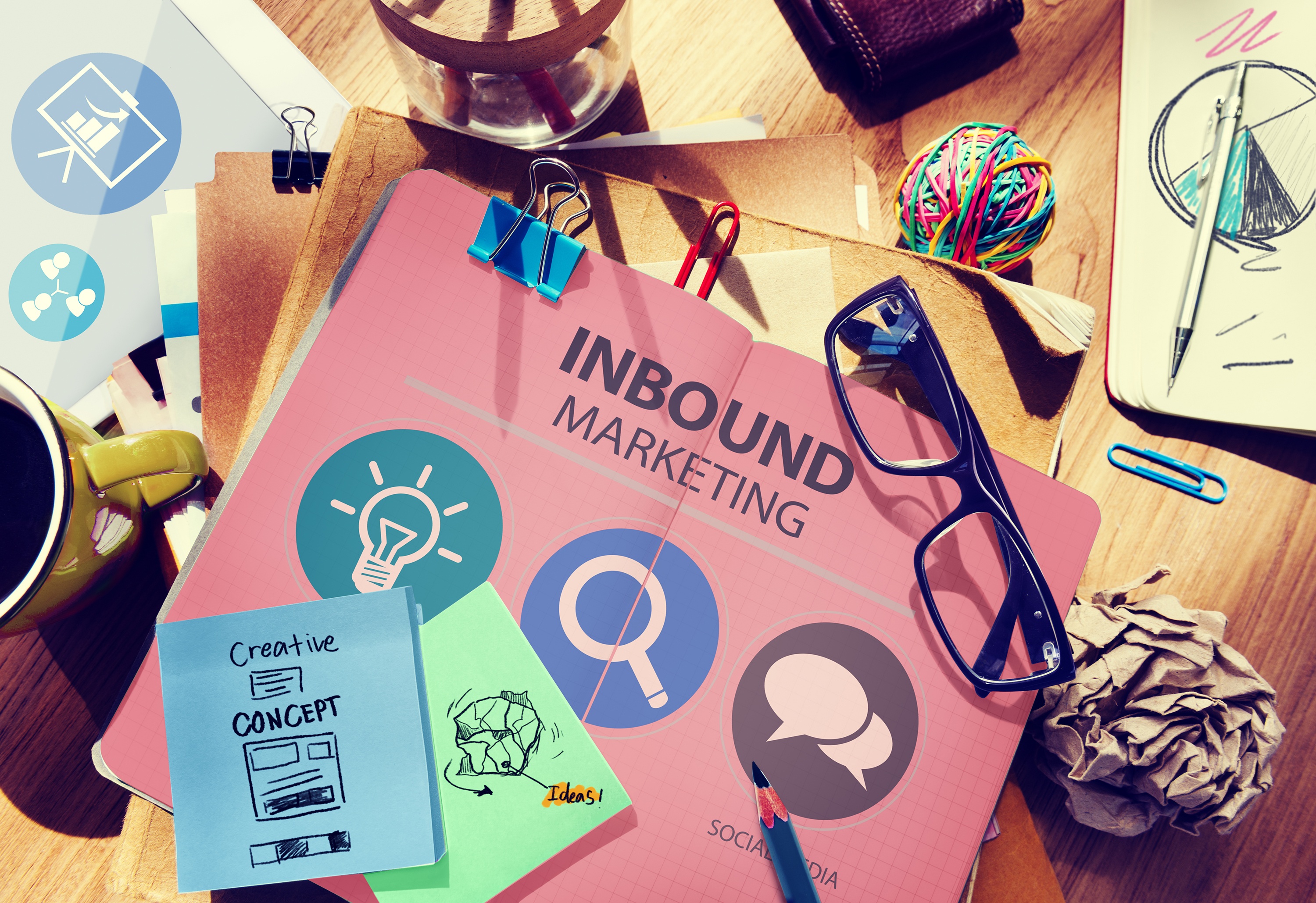 Here at Leap Clixx, the benefits of inbound marketing are so clear to us that they’re axiomatic. That is, inbound marketing is part of our culture, mindset and perspective. We breathe inbound marketing and exhale ROI!
Here at Leap Clixx, the benefits of inbound marketing are so clear to us that they’re axiomatic. That is, inbound marketing is part of our culture, mindset and perspective. We breathe inbound marketing and exhale ROI!
However, we know that businesses outside of the marketing space may be vaguely aware -- or sometimes largely unaware -- of the benefits of inbound marketing, and why it’s a vastly superior approach vs. outbound marketing (a.k.a. “interruption marketing”).
To address this, based on our deep experience working with clients around the country, and the tremendous results that we’ve seen right here at Leap Clixx, we’re pleased to highlight the 5 key advantages of inbound marketing vs. outbound marketing:
1. Cost
The cost-effectiveness of inbound marketing compared to outbound marketing is enormous – and in fact, often makes the difference between whether a business can afford to engage in marketing, or whether it has to sit on the sidelines and watch their competition (and their deeper pockets) grab mind share and marketshare. Simply put: inbound marketing is remarkably affordable, while outbound marketing is prohibitively expense.
2. Scale
Most small and mid-sized businesses cannot even hope to compete with the “big boys” when it comes to out-spending them on outbound marketing. But why should they even try?
With inbound marketing, they don’t need to! They can reach just as many customers as large enterprises – and potentially even more – through effective, targeted inbound marketing campaigns.
Essentially, inbound marketing levels the playing field – and in many cases, actually tilts it in favor of small and mid-sized businesses that have a more accurate read on where their marketplace is trending, and what their current and future customers want, need and expect.
3. Engagement
Outbound marketing is a one-way conversation, which is why it’s known as interruption marketing. However, inbound marketing is a true conversation that establishes a positive and progressive dialogue between a business and its target markets (because there are often multiple target markets and not just one, which is an aspect that outbound marketing and its “one-size-fits-all” approach cannot exploit). This engaging dialogue can unfold through a number of channels and tools, including websites, blogs, social media, and so on.
4. Relevance
As touched upon above, inbound marketing is fundamentally more relevant than outbound marketing, because it allows campaigns to be directed towards specific target markets and buyer personas. And considering that customers invariably tune out messages that don’t interest them or appear to be meant for them, the importance of relevance cannot be underestimated here. Arguably, it’s THE most important element in a marketing campaign (and communication in general), and on this point alone inbound marketing blows outbound marketing out of the water.
5. Tracking
Outbound marketing is notoriously difficult and on some level impossible to track and control with any degree of precision, which is why there’s a lot of “guestimating” that goes on (much to the frustration of businesses who don’t quite understand why they’re spending $10,000/month on a marketing agency retainer!).
However, inbound marketing has its roots in digital marketing, which means that it was MADE for precise tracking and control, and for achieving results. In this way, campaigns can be calibrated and evolved for maximum effectiveness, and businesses don’t have to wonder if their hard-earned money is being wisely invested…or unwisely wasted!
The Bottom Line
As you can see, the only thing that inbound marketing and outbound marketing have in common in this respect is the word “marketing” – because they’re categorically different when it comes to cost, scale, engagement, relevance and tracking.
And since all of these aspects clearly matter to businesses, the question that businesses need to ask isn’t “should we take advantage of inbound marketing?”, but rather “how can we afford NOT to reap the advantages of inbound marketing ASAP?”
To learn more about making inbound marketing a key part of your business’s results-based strategic marketing plan, contact us today and schedule your free consultation.
Topics: Inbound Marketing










